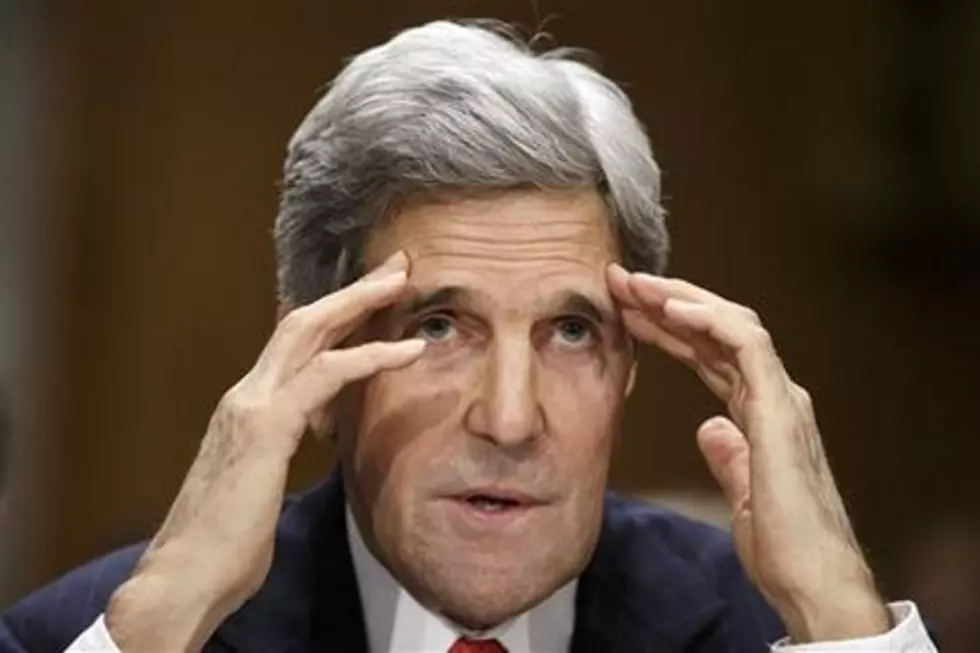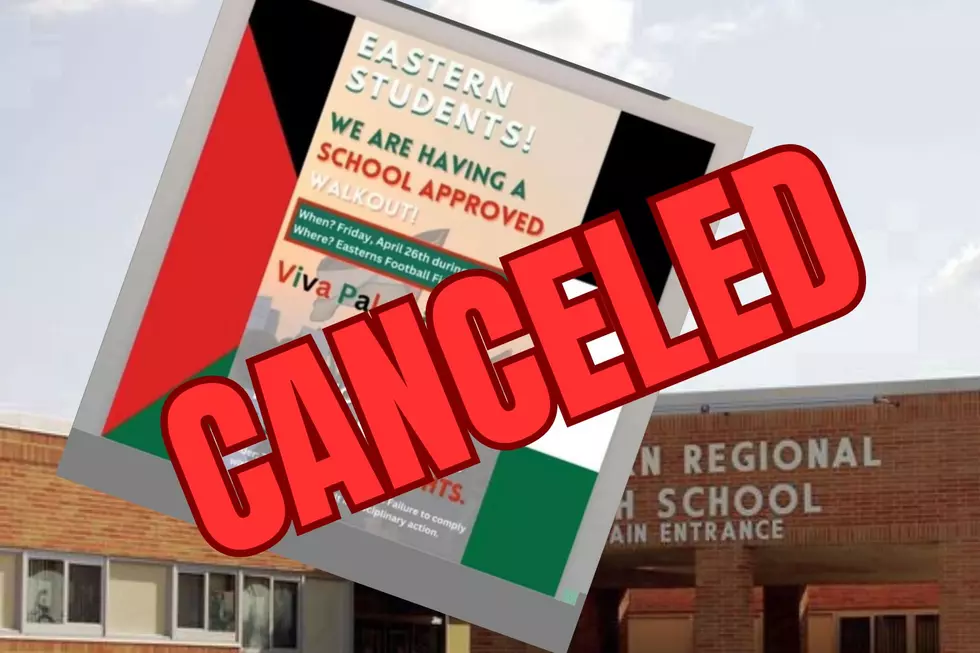
Kerry Raps Israel in Failing Mideast Talks
U.S. efforts to broker a Mideast peace agreement faltered after Israel refused to release prisoners as demanded by Palestinian leaders, then moved forward with plans to build new settlement housing in Jerusalem, America's top diplomat said Tuesday. But he still held out hope that negotiations would continue.
Lawmakers on the Senate Foreign Relations Committee, questioning Kerry during nearly three hours of testimony, weren't as optimistic.
"It is stopped. Recognize reality!" said Republican Sen. John McCain, R-Ariz.
Kerry noted that both Israeli and Palestinian leaders have taken what he termed unhelpful steps as an April 29 deadline approaches for deciding whether to continue negotiations or shelve the talks for now.
But his words made clear that Israel's actions have thrown the process deep into doubt.
As part of the agreement to begin negotiating last summer, Israel had agreed to release four groups of prisoners convicted of attacks or acts of terrorism, but whom Palestinian officials consider freedom fighters. The first three groups were previously released, but Israel balked at freeing the fourth, which included some Arab Israelis who could move back into Israel.
Shortly afterward, Israel moved forward with plans to build 700 new settlement units in Jerusalem, fueling Palestinian anger.
"And, poof, that was sort of the moment," Kerry said. "We find ourselves where we are."
"My hope is the parties will find a way back," he said. "We're working with them to try to do so. But they have to - again, I repeat - they have to make that fundamental decision. And I hope they will."
The State Department has been careful to not blame either side for the latest impasse in the frustrating progress that, to date, has yielded little if any progress on key elements of a final agreement, including borders, the status of Jerusalem and whether Palestine would ever recognize Israel as a Jewish state.
But Kerry's comments infuriated Israeli officials, and drew a swift response from Naftali Bennett, a pro-settler Cabinet minister and a main coalition partner in Israeli Prime Minister Benjamin Netanyahu's government.
"Israel will never apologize for construction in Jerusalem," Bennett said, calling the city Israel's "eternal capital."
Hours after the settlement announcement, Palestinian Authority President Mahmoud Abbas abruptly renewed a campaign for recognition of the "state of Palestine" in international bodies. He had promised to suspend the campaign during the peace talks but angrily reversed course after Israel failed to carry out the prisoner release.
During the Senate hearing, Kerry did not dispute that the Palestinian statehood campaign also violated terms of the negotiations, but said: "They don't have a state yet."
As recently as Monday night, negotiators for both sides met with U.S. officials to try to get the process back on track. The State Department said gaps remain between the negotiators but both sides are working to reach a compromise.
"I'm not going to suggest anything is imminent, but one always has to remain hopeful in this very difficult, complicated process," Kerry told the senators.
In an exchange with McCain, he noted that "it's interesting that you declare it dead, but the Israelis and the Palestinians don't declare it dead. They want to continue to negotiate."
"We'll see, won't we?" McCain responded.
More From New Jersey 101.5 FM









